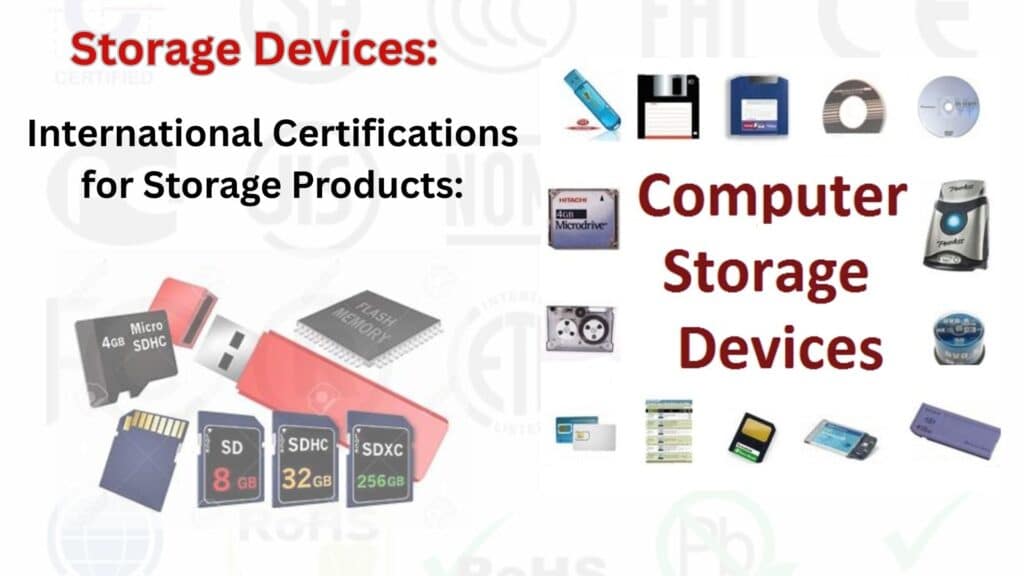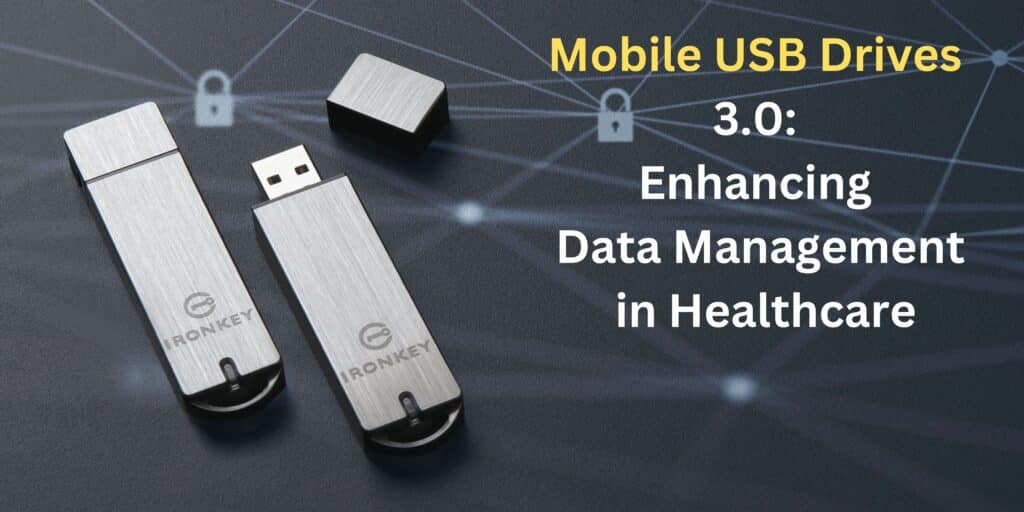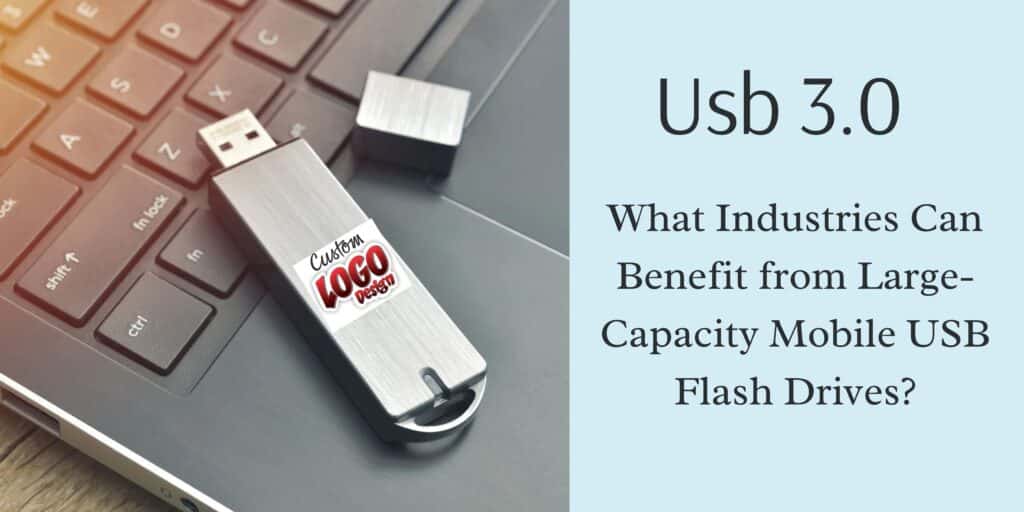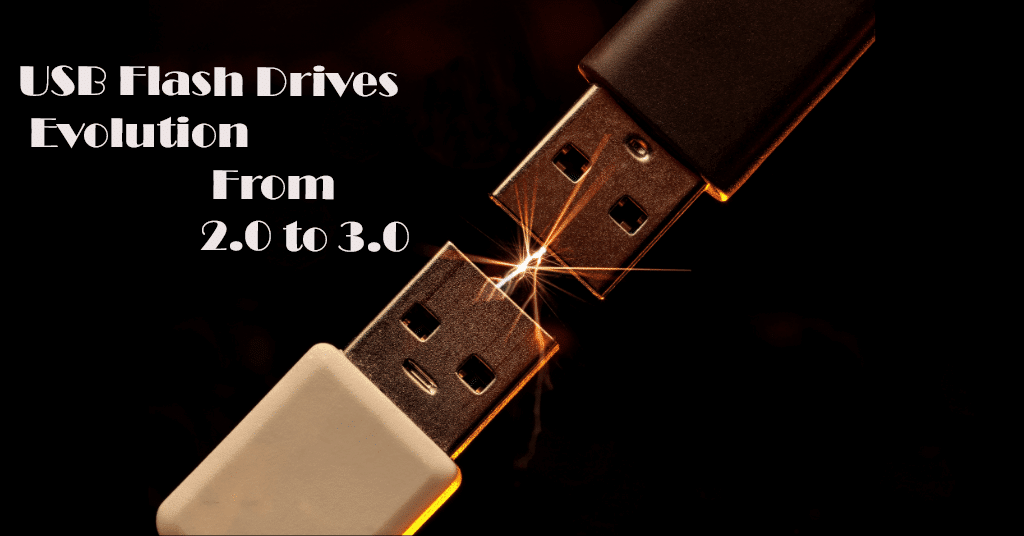Will USB Flash Drives 3.0/2.0 Replace Cloud Storage?
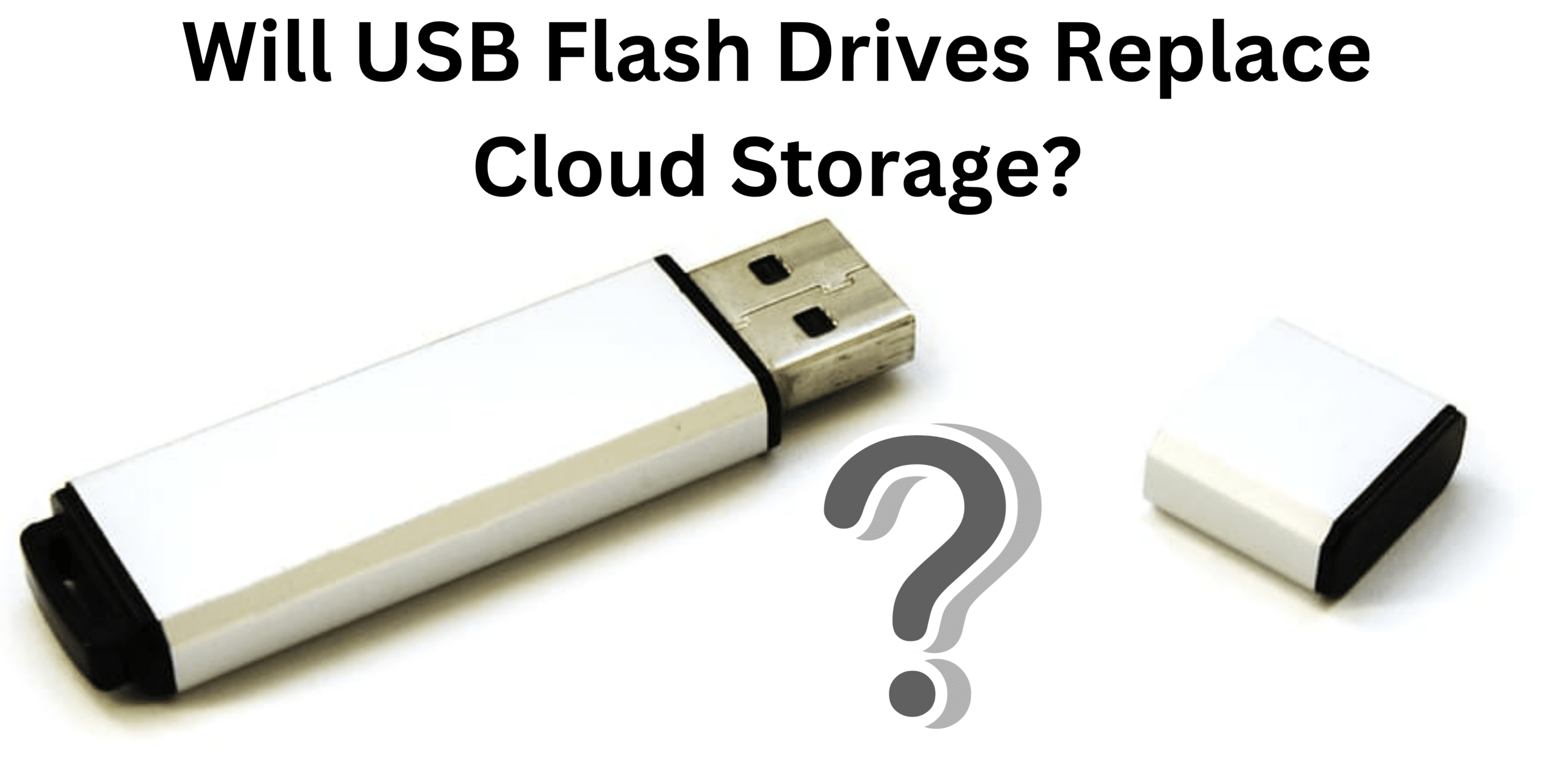
USB Flash Drives Introduction:
As cloud storage has grown in popularity over the years, many have questioned whether USB flash drives could eventually replace cloud storage for large-scale data storage. The growth of cloud storage solutions like Google Drive, Dropbox, and OneDrive has revolutionized how people store and share data. However, it still offer advantages in terms of portability, security, and cost-effectiveness. This article explores the potential future of USB as they compete with cloud storage and examines whether they could eventually replace the cloud for large-capacity data storage.
1. Cloud Storage: The Rise of the Digital Archive
Cloud storage has become the go-to solution for many individuals and businesses looking to store their data remotely. The ability to access files from anywhere, on any device, has made cloud storage an incredibly convenient option. Additionally, cloud storage services typically offer scalability, allowing users to purchase more storage as needed without worrying about physical limitations.
However, despite the obvious advantages, cloud storage still faces some drawbacks. One of the biggest concerns is security. While most cloud storage services provide encryption and data protection, some users worry about the vulnerability of their data stored in remote servers. It offer an alternative by providing physical control over your data, with no reliance on third-party servers or internet connectivity.
2. USB Flash Drives: The Advantages of Physical Storage
While cloud storage is undoubtedly convenient, USB flash drives provide several key advantages that make them an attractive alternative for storing large files. For starters, USB flash drives are incredibly portable, allowing users to carry vast amounts of data in their pocket.
Unlike cloud storage, which relies on internet access, it allow for quick access to files without the need for a stable internet connection.
In terms of cost-effectiveness, USB flash drives can be a more affordable option for storing large amounts of data. With prices continuing to drop, high-capacity USB are becoming more accessible for personal and professional use.
Moreover, it offer the flexibility to transfer files between devices without relying on internet speeds, which can often be slow or unreliable.
However, the one drawback to USB flash drives is that they are limited by physical storage capacity. While it offer large storage capacities, they still fall short when compared to the scalability offered by cloud storage solutions. This makes better suited for specific use cases, such as file transfer and backup, rather than long-term storage.
3. The Future: Hybrid Solutions for Data Storage
As cloud storage and USB flash drives each offer unique benefits, the future of data storage may lie in a hybrid solution. USB flash drives could continue to serve as physical backups, offering a layer of security and portability, while cloud storage could provide long-term, scalable options for users who need access to large files from multiple devices.
With advancements in USB technology (such as the transition to USB 3.1 and beyond), the performance and capacity of USB are likely to continue improving, making them even more attractive as a storage solution. As data storage technology continues to evolve, users will likely have more options to choose from, depending on their needs and preferences.
Conclusion:
While cloud storage has become a staple in modern computing, USB flash drives continue to hold their ground as a convenient and secure method for storing and transferring data. Whether or not they will replace cloud storage for large-scale storage remains to be seen, but it is clear that both options have their place in the storage ecosystem. The future may see a shift towards hybrid solutions that combine the best of both worlds.



